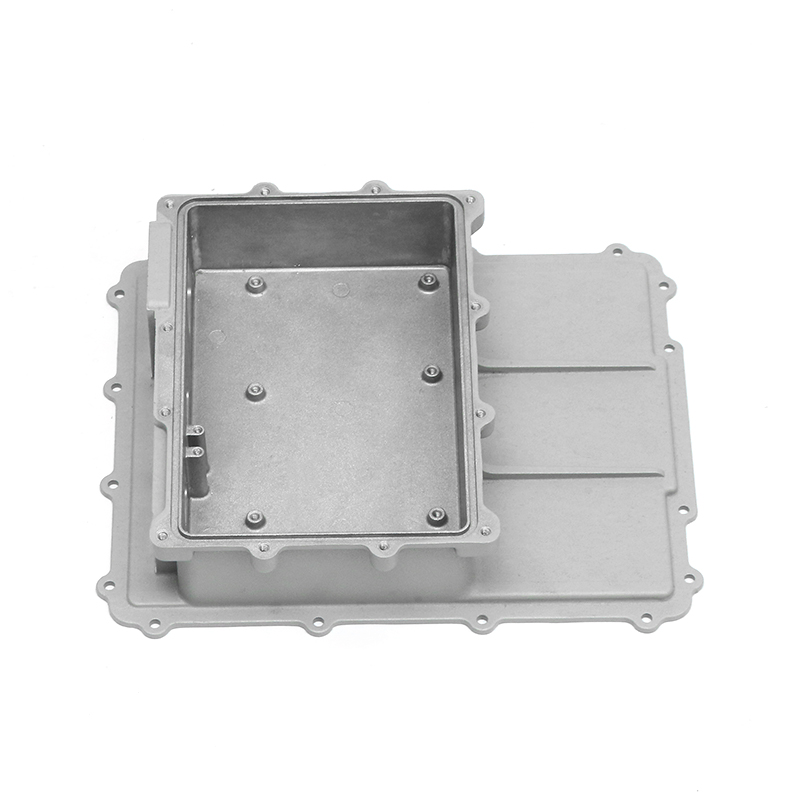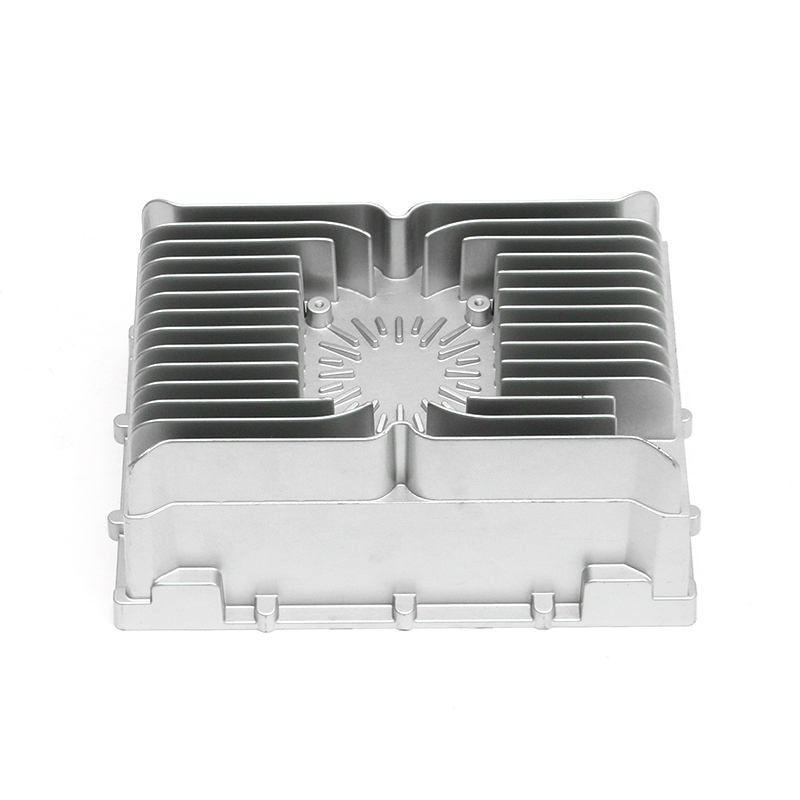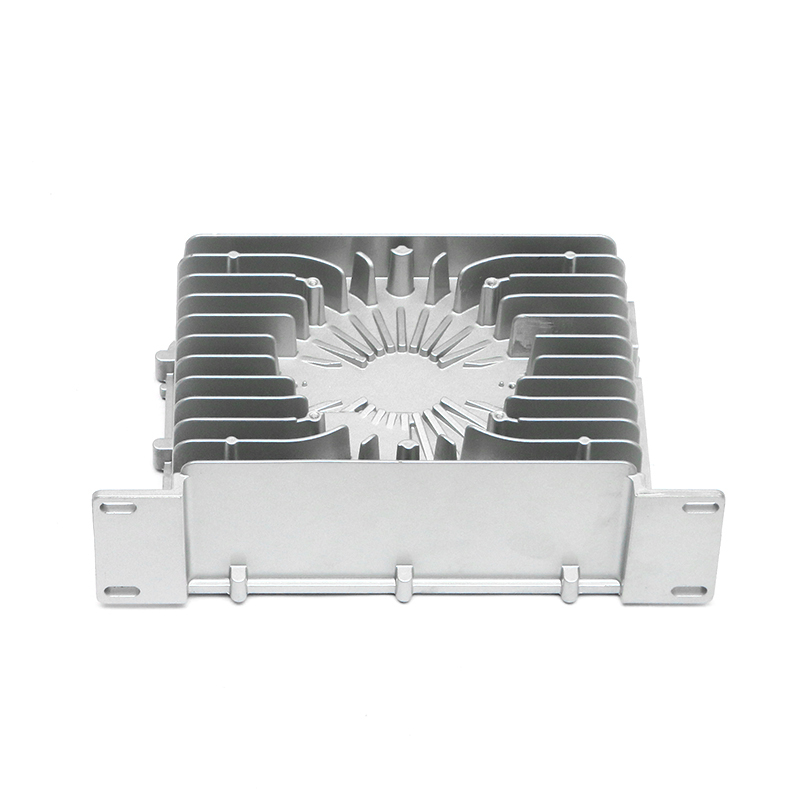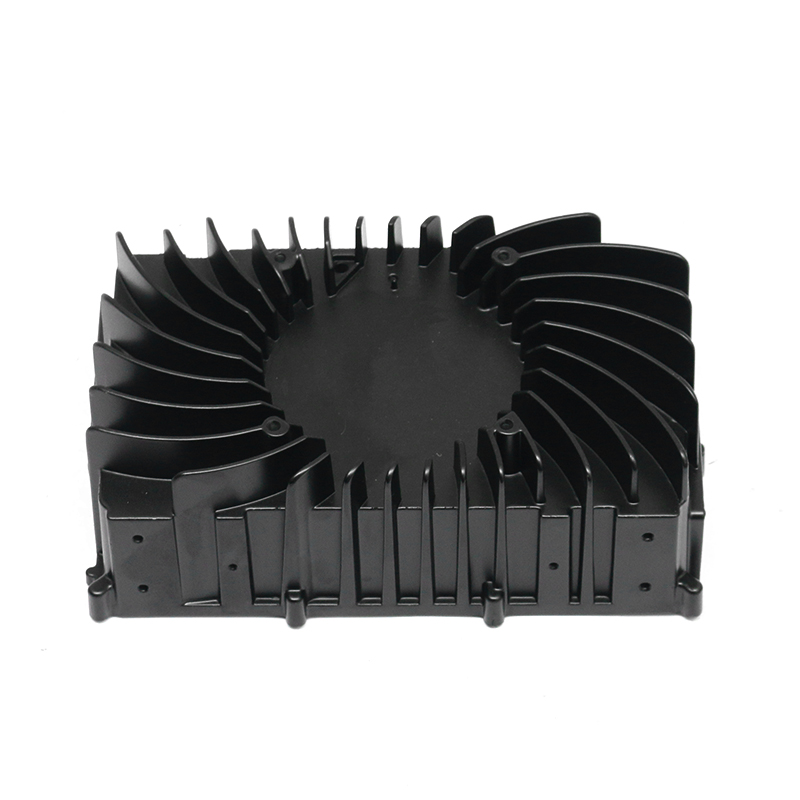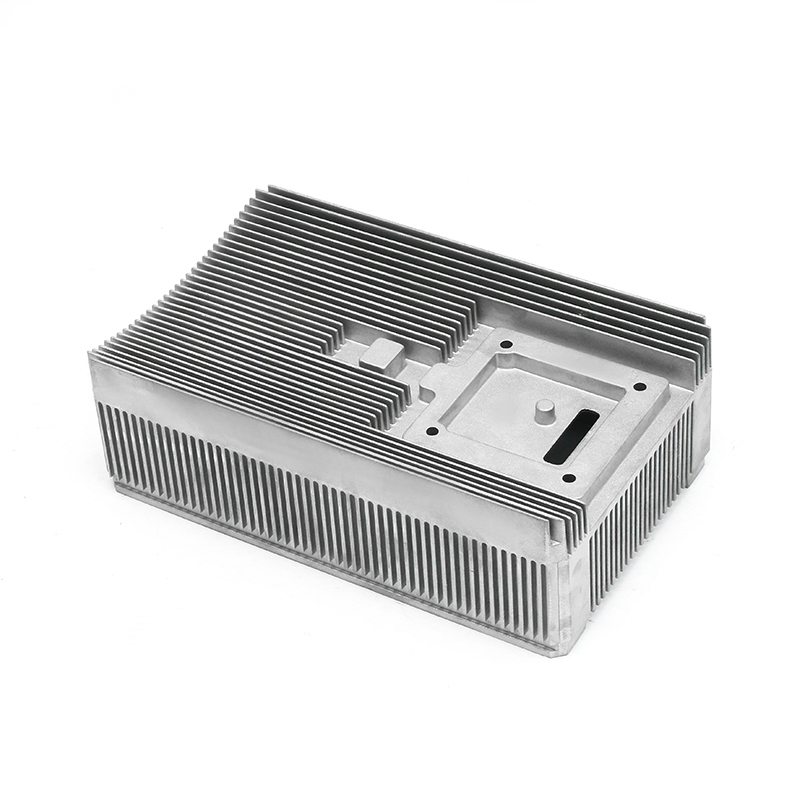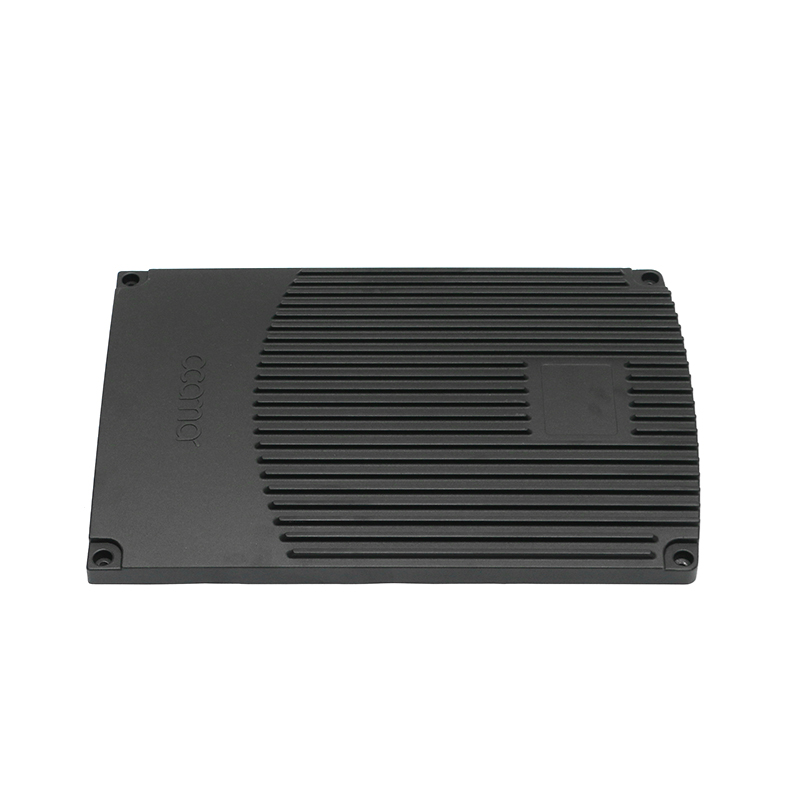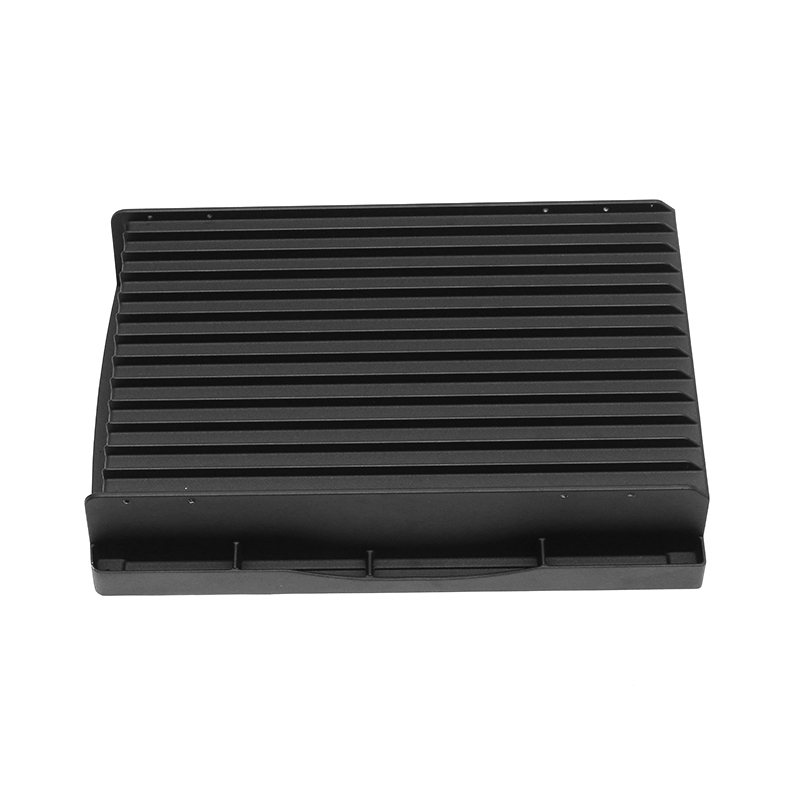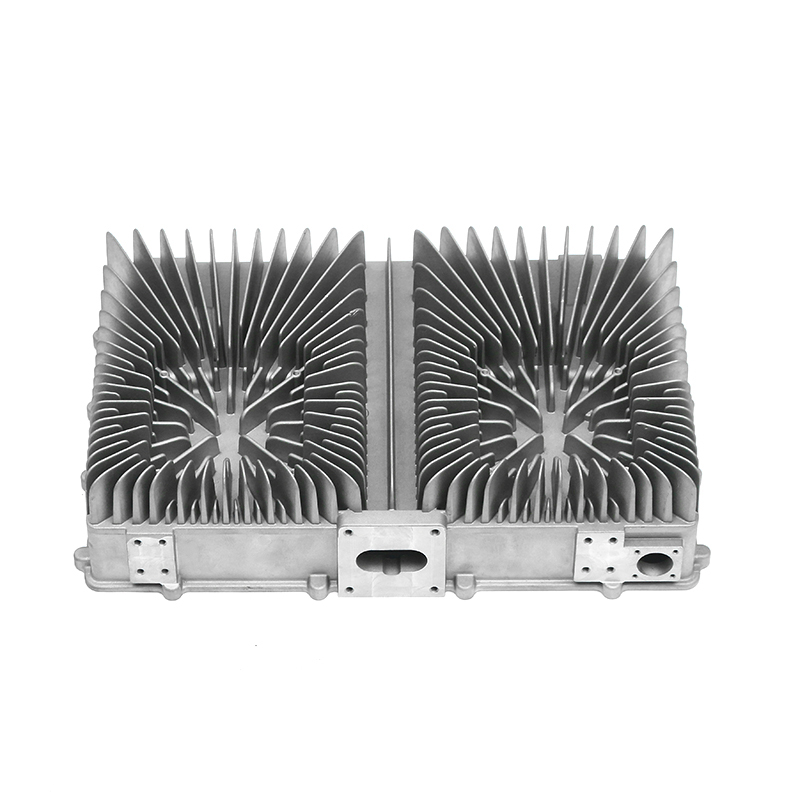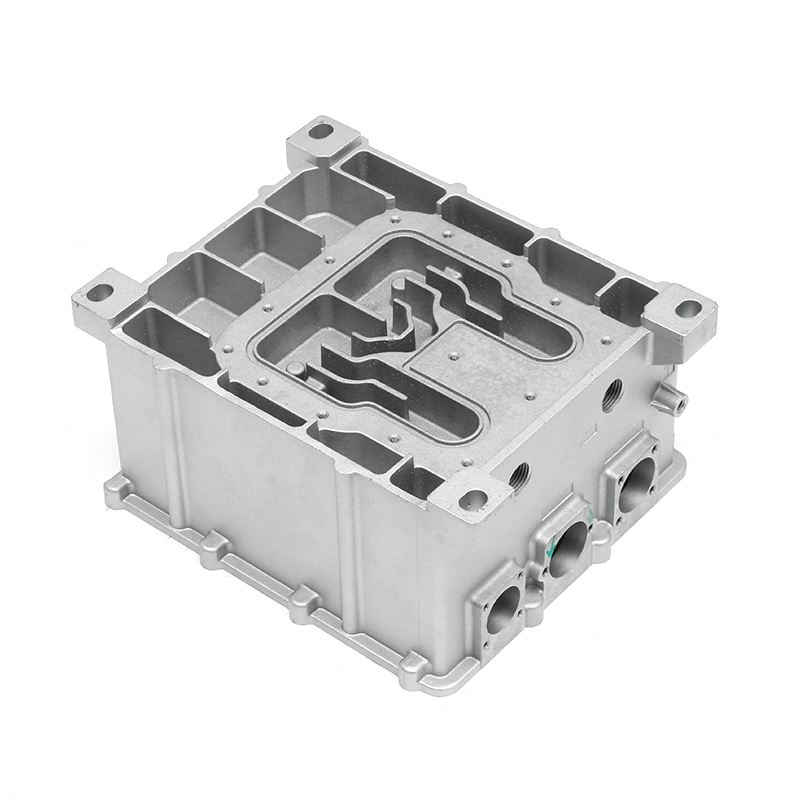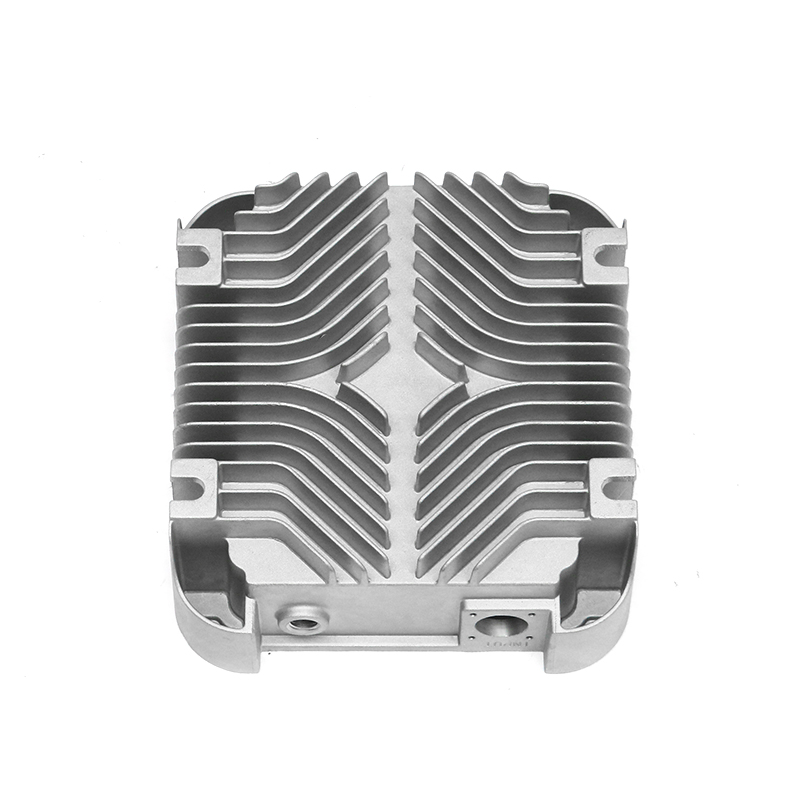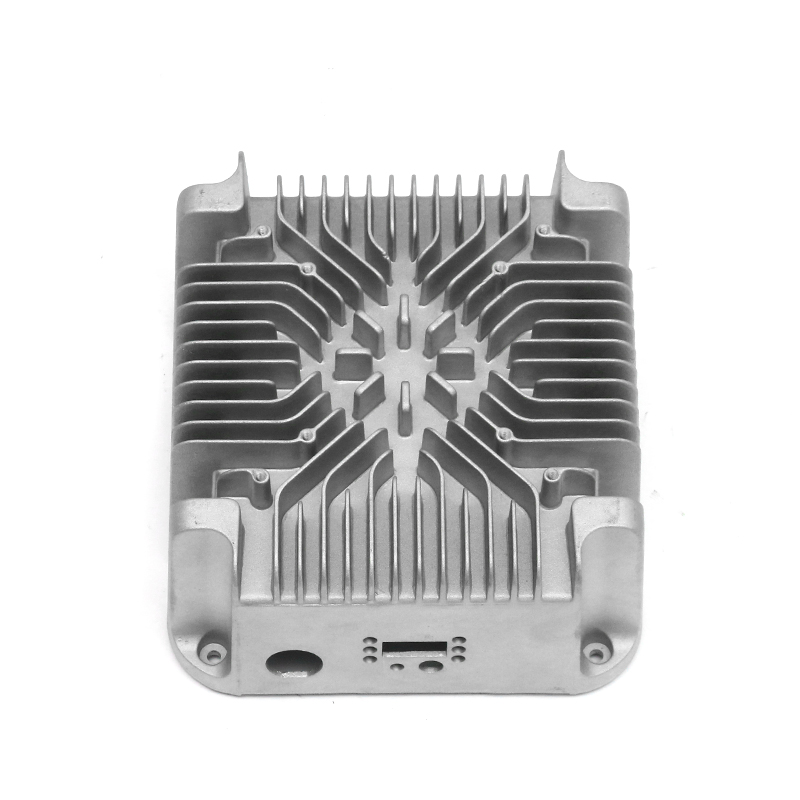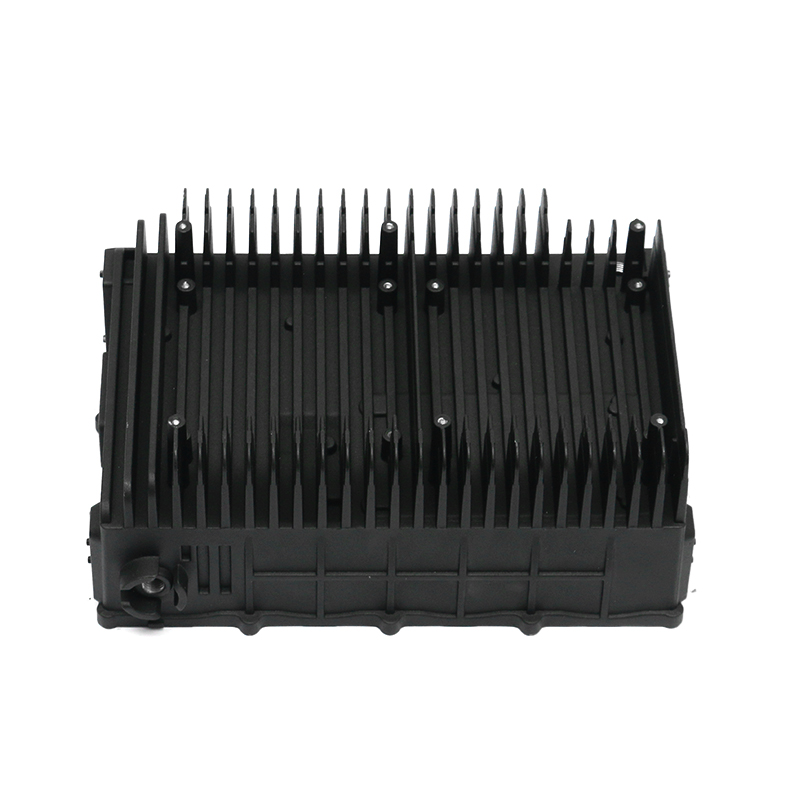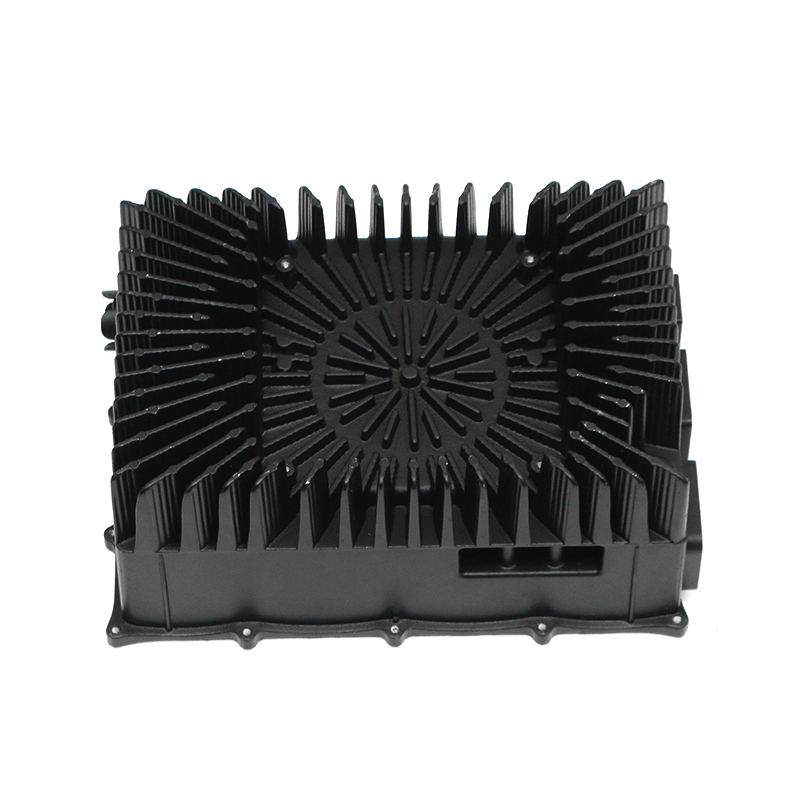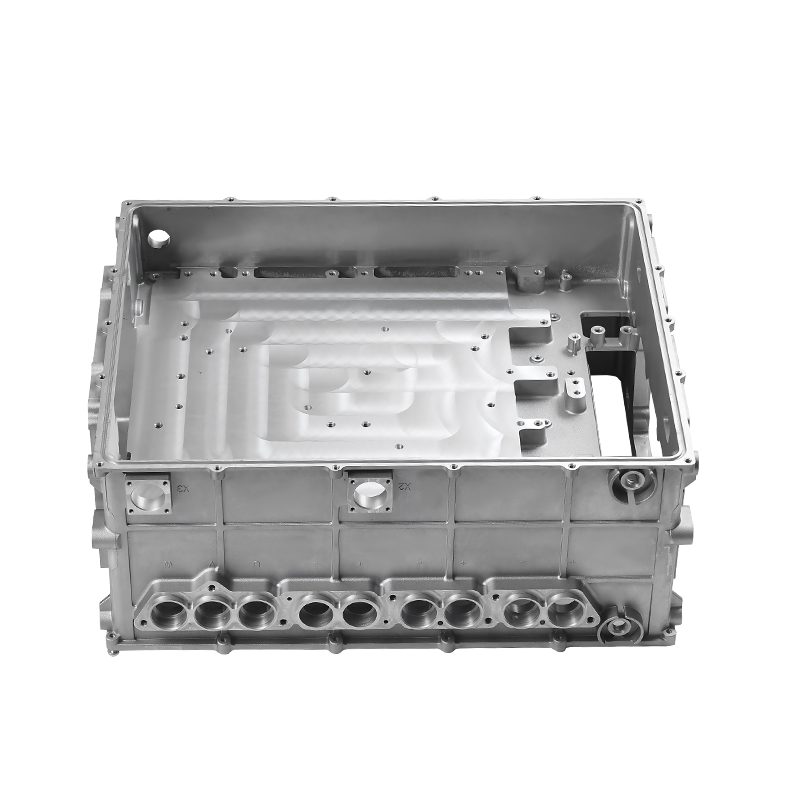Contaminant Removal: The oil filter base, equipped with a filtration system, serves as the primary defense against contaminants present in engine oil. These contaminants include dirt, metal particles, and combustion by-products that can accumulate over time. By effectively trapping these particles, the oil filter base prevents them from circulating through the engine. This process is crucial because contaminants can act as abrasives, accelerating wear on engine components such as bearings, pistons, and cylinder walls. By maintaining a clean oil supply, the oil filter base helps preserve the precision fit and smooth operation of these critical parts, thereby extending their service life and reducing the likelihood of premature failure.
Oil Quality Maintenance: Engine lubrication depends heavily on the quality of the circulating oil. The oil filter base ensures that the oil remains clean and free from impurities that could compromise its lubricating properties. Clean oil facilitates smoother operation of moving parts by reducing friction and heat generation. It also enhances thermal conductivity, allowing the oil to efficiently transfer heat away from hot spots within the engine. This maintenance of oil quality is essential for sustaining optimal engine performance over the long term, as well as for meeting manufacturer specifications for lubrication standards.
Extended Engine Life: The combined effect of contaminant removal and oil quality maintenance provided by the oil filter base contributes significantly to prolonging the overall life expectancy of the engine. By preventing abrasive particles from circulating through sensitive components, such as valve train mechanisms and crankshaft bearings, the oil filter base mitigates wear and tear that can lead to component failure. This preservation of engine integrity not only reduces the frequency of repairs and overhauls but also enhances the reliability of the engine under various operating conditions. Consequently, vehicles equipped with a properly functioning oil filter base tend to exhibit greater longevity and durability, translating into lower lifecycle costs and higher customer satisfaction.
Oil Pressure Regulation: Proper oil pressure is crucial for ensuring effective lubrication and cooling within the engine. The oil filter base plays a vital role in regulating oil pressure by maintaining an unobstructed flow of clean oil to critical engine components. A clogged or inefficient oil filter base can restrict oil flow, leading to inadequate lubrication and increased friction between moving parts. This condition can result in elevated operating temperatures, reduced efficiency, and potential damage to engine components due to insufficient lubrication. By ensuring consistent oil pressure, the oil filter base supports optimal engine performance and reliability, particularly during high-load or high-speed operations where lubrication demands are most critical.
Enhanced Efficiency: Engines operating with clean, properly lubricated oil tend to exhibit higher efficiency in terms of fuel consumption and overall performance. The oil filter base contributes to this efficiency by facilitating the continuous circulation of clean oil, which minimizes frictional losses and energy expenditure within the engine. Reduced friction translates into improved fuel economy and reduced emissions, as the engine operates more smoothly and with less internal resistance. By preserving the lubricating properties of the oil, the oil filter base helps maintain consistent engine output and responsiveness over time, ensuring that the vehicle performs optimally under varying driving conditions.

